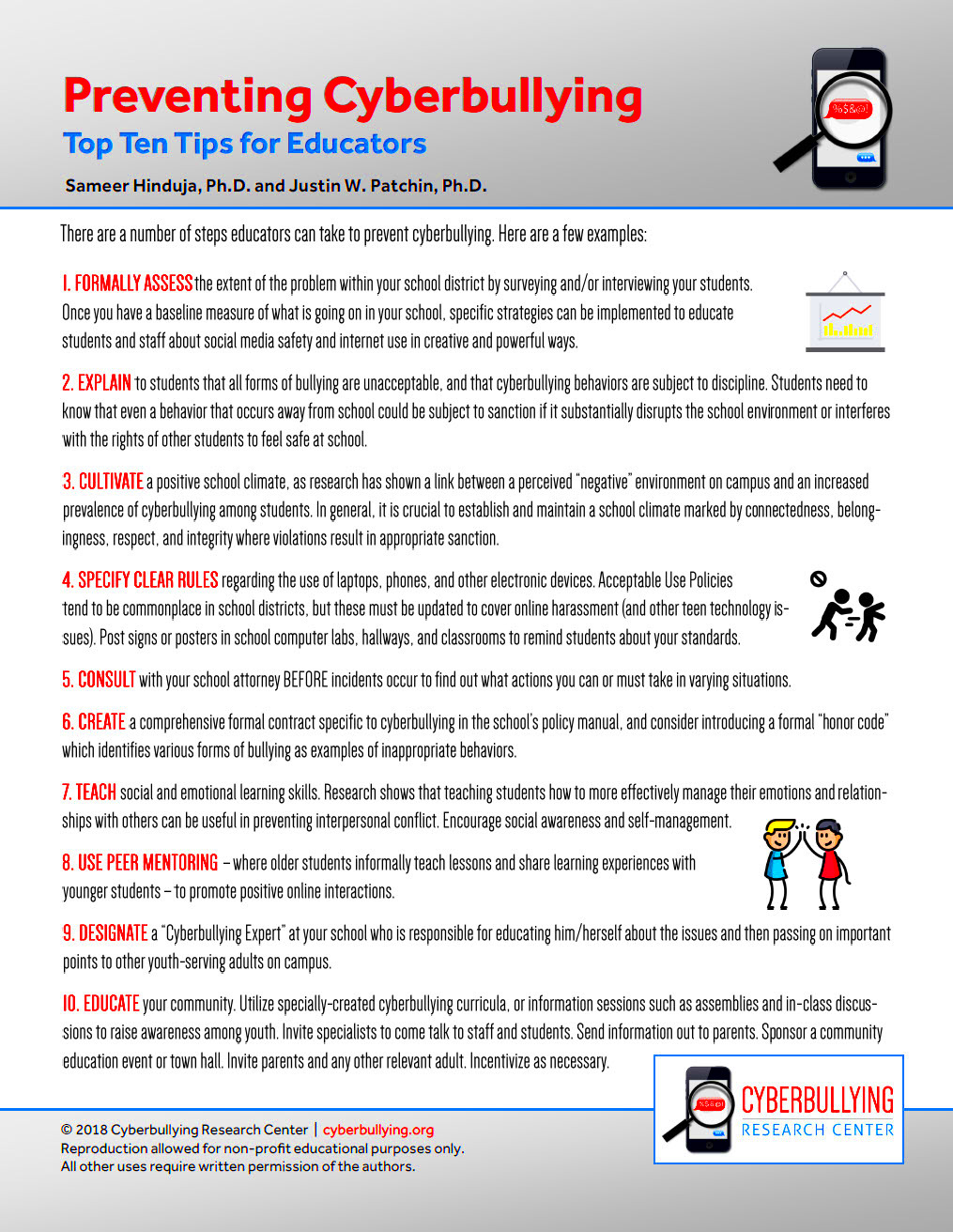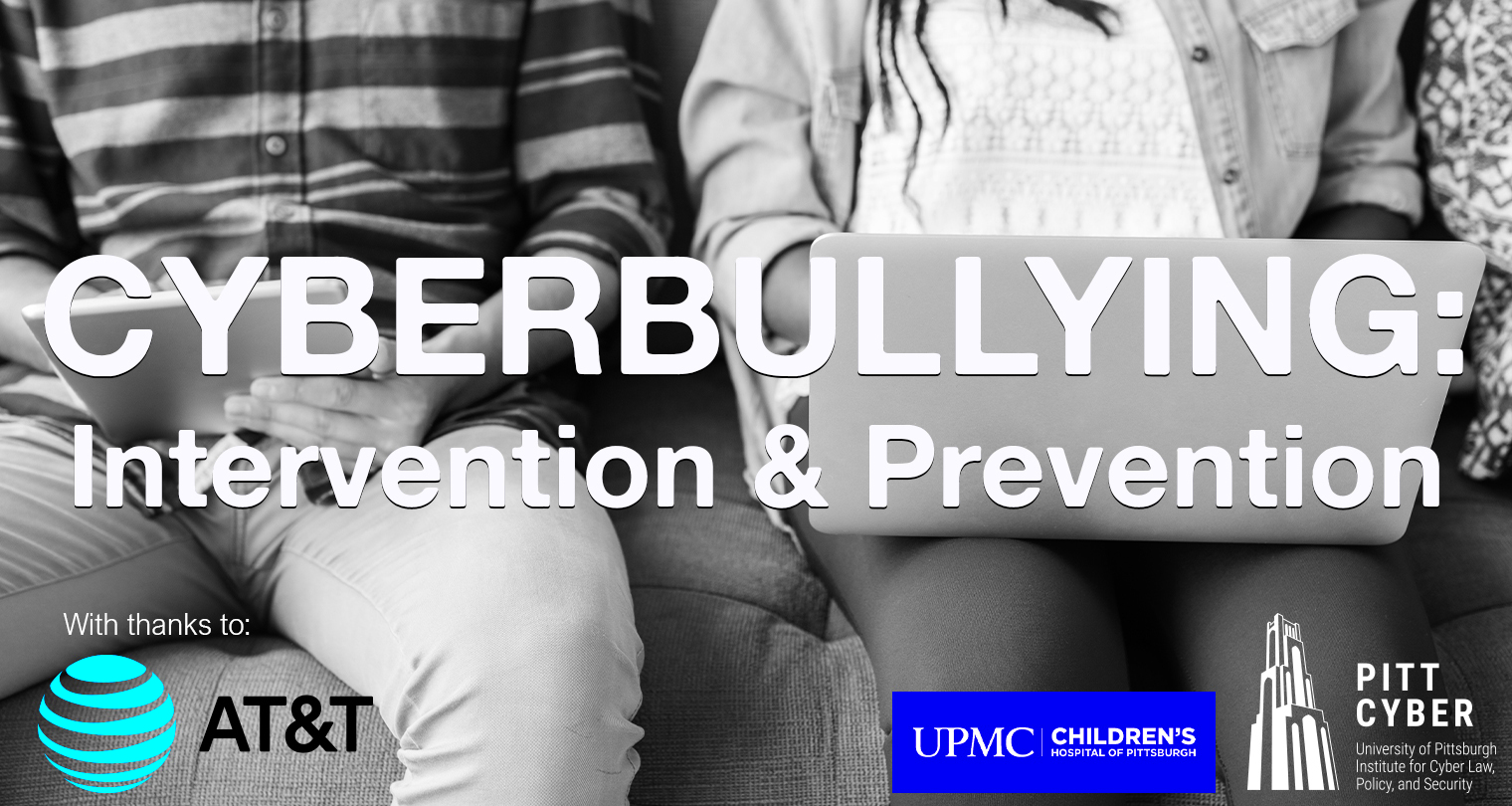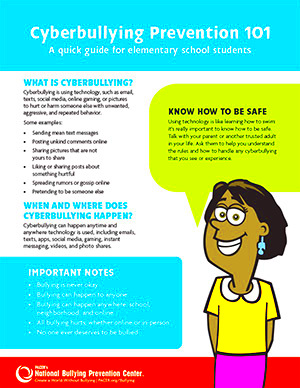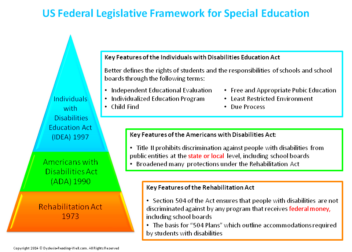Pennsylvania’s Cyberbullying Prevention Efforts
Cyberbullying is a significant issue affecting many young people in Pennsylvania. With the rise of social media and digital communication, bullying has moved from playgrounds to online platforms. This change has made it easier for bullies to target their victims without facing immediate consequences. Pennsylvania has recognized the need to address this problem through various laws and programs aimed at prevention and intervention. Understanding cyberbullying is essential for creating a safer online environment for everyone.
Overview of Pennsylvania’s Laws on Cyberbullying

Pennsylvania has enacted specific laws to combat cyberbullying and protect students. Here are some key points about these laws:
- Definition of Cyberbullying: Cyberbullying is defined as harassment, intimidation, or bullying through electronic means.
- Anti-Bullying Law: The state’s Anti-Bullying Law requires schools to develop policies to prevent and respond to bullying, including cyberbullying.
- Reporting Procedures: Schools must establish clear procedures for reporting incidents of cyberbullying.
- Training and Education: School staff must receive training on recognizing and addressing bullying behaviors.
- Consequences for Offenders: Students found guilty of cyberbullying may face disciplinary actions, including suspension or expulsion.
These laws are designed to create a safer environment for students and ensure that incidents of cyberbullying are taken seriously.
School Policies and Prevention Programs

Schools play a crucial role in preventing cyberbullying and supporting affected students. Many Pennsylvania schools have implemented comprehensive policies and programs to address this issue. Here are some common strategies:
- Anti-Bullying Policies: Schools develop and enforce policies specifically addressing cyberbullying, outlining expected behaviors and consequences.
- Education and Awareness: Programs aimed at educating students, staff, and parents about the impact of cyberbullying and how to prevent it.
- Peer Support Programs: Initiatives that encourage students to support each other and report bullying incidents.
- Counseling Services: Access to counseling for victims and perpetrators of cyberbullying to help them cope and make positive changes.
- Involvement of Law Enforcement: Collaborations with local law enforcement to address severe cases of cyberbullying that may involve criminal behavior.
By implementing these policies and programs, schools in Pennsylvania aim to create a safer environment where students can thrive without the fear of bullying.
Community Involvement and Awareness Campaigns
Community involvement is essential in combating cyberbullying in Pennsylvania. When parents, schools, and local organizations work together, they create a strong support system for students. Awareness campaigns are crucial in educating the community about the dangers of cyberbullying and the importance of prevention. Here are some common initiatives:
- Workshops and Seminars: Local organizations often host workshops for parents and children to learn about cyberbullying, how to recognize it, and how to respond.
- Community Events: Events like walkathons and educational fairs help spread awareness and encourage discussions about cyberbullying.
- Social Media Campaigns: Utilizing social media platforms to share information, personal stories, and resources related to cyberbullying prevention.
- Partnerships with Local Businesses: Collaborating with businesses to sponsor awareness campaigns or provide resources for victims.
- Student-Led Initiatives: Encouraging students to take the lead in creating their awareness campaigns fosters a sense of ownership and responsibility.
By actively participating in these initiatives, communities can create a culture of respect and support that discourages cyberbullying.
Resources for Victims of Cyberbullying
For victims of cyberbullying, having access to the right resources is critical for support and recovery. Pennsylvania provides various resources aimed at helping those affected. Here’s a look at some of the most important resources:
- Counseling Services: Many schools offer counseling services for students experiencing bullying, helping them cope with emotional distress.
- Hotlines: The state has hotlines where victims can speak to trained professionals for immediate support.
- Online Resources: Websites like StopBullying.gov provide valuable information about how to deal with cyberbullying and where to seek help.
- Support Groups: Local support groups allow victims to share their experiences and find solidarity among peers facing similar challenges.
- Legal Assistance: Organizations offer legal advice to victims who may want to take action against their bullies.
Having these resources available can empower victims to seek help and ultimately overcome the challenges they face.
Challenges in Cyberbullying Prevention
While Pennsylvania has made significant strides in addressing cyberbullying, several challenges still hinder effective prevention. Understanding these obstacles can help improve strategies moving forward. Here are some key challenges:
- Rapidly Evolving Technology: As technology advances, new platforms for bullying emerge, making it difficult to keep up with prevention efforts.
- Anonymity of the Internet: The anonymity provided by the internet can embolden bullies, making it harder for victims to identify or report them.
- Lack of Awareness: Not all community members are aware of the signs of cyberbullying, which can prevent timely intervention.
- Insufficient Resources: Some schools and communities lack the necessary resources to implement effective prevention programs and support services.
- Stigma Surrounding Reporting: Victims may fear being judged or ostracized, leading them to avoid reporting incidents.
Addressing these challenges requires a collective effort from communities, schools, and policymakers to create a safer online environment for everyone.
Future Directions for Cyberbullying Prevention Efforts
As cyberbullying continues to evolve, so must our strategies for prevention and intervention. Pennsylvania is already taking steps toward enhancing its approach, but there’s still more to be done. Looking ahead, here are some promising directions for future efforts:
- Increased Technology Integration: Schools and communities can use technology to monitor online behavior and create safer digital environments. Tools that detect harmful content can be integrated into school networks.
- Enhanced Training for Educators: Continuous training for teachers and staff on the latest trends in cyberbullying can equip them to better support students and respond effectively to incidents.
- Expanded Mental Health Resources: Increasing access to mental health resources will help victims cope with the emotional effects of cyberbullying and build resilience.
- Collaborative Programs with Tech Companies: Partnerships with social media platforms and tech companies can promote awareness and create tools to combat cyberbullying directly on their sites.
- Legislative Updates: Regular reviews and updates to anti-bullying laws are necessary to keep pace with technological changes and emerging threats.
By focusing on these future directions, Pennsylvania can strengthen its efforts against cyberbullying and foster a more supportive environment for its youth.
Frequently Asked Questions
Understanding cyberbullying and its prevention can be challenging, so let’s address some common questions that people often have:
- What is considered cyberbullying? Cyberbullying includes any form of harassment or intimidation that occurs through electronic devices, such as social media, text messages, or emails.
- How can I report cyberbullying? Victims or witnesses should report incidents to a trusted adult, school officials, or use hotlines dedicated to bullying prevention.
- What should I do if I am being bullied online? It’s essential to document the incidents, block the bully, and seek support from friends, family, or professionals.
- Are there laws against cyberbullying in Pennsylvania? Yes, Pennsylvania has specific laws aimed at preventing cyberbullying in schools and providing protection for victims.
- How can I help prevent cyberbullying? Educate yourself and others, promote kindness online, and encourage open communication about the challenges of digital interactions.
These FAQs aim to provide clarity and encourage proactive measures in addressing cyberbullying.
Conclusion on Pennsylvania’s Cyberbullying Prevention Efforts
Pennsylvania has made commendable efforts in tackling the issue of cyberbullying through laws, school policies, and community involvement. However, the fight is ongoing. By continually adapting to the changing digital landscape and enhancing resources for victims, we can create a safer environment for all students. Engaging families, schools, and communities in awareness campaigns is essential for building a culture of respect and empathy. Ultimately, it will take a united effort to effectively prevent cyberbullying and support those affected. Together, we can make a difference and ensure that every student feels safe and valued, both online and offline.


